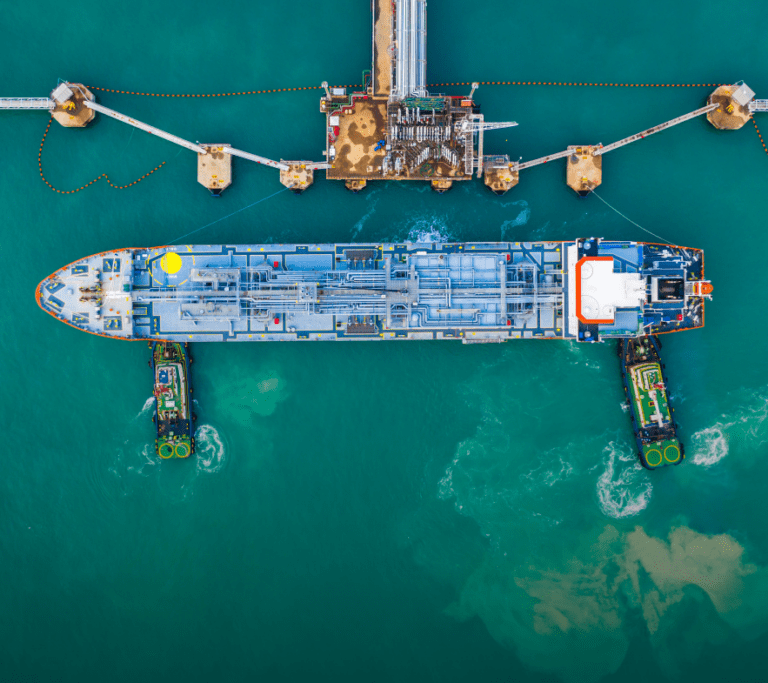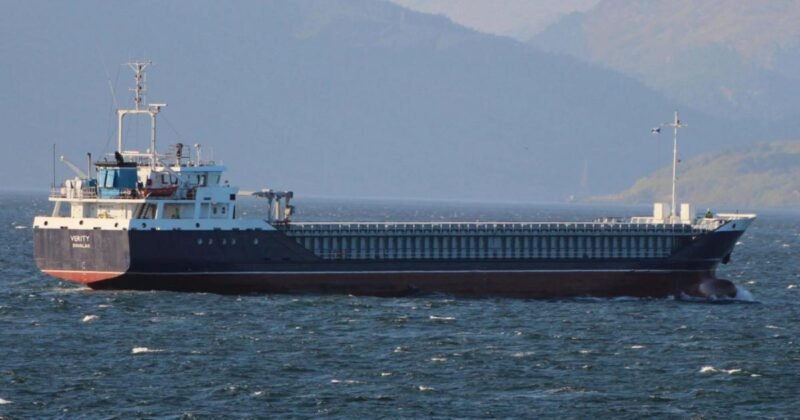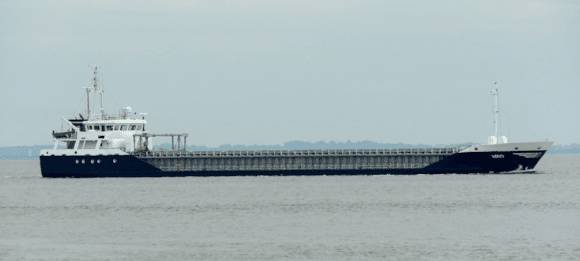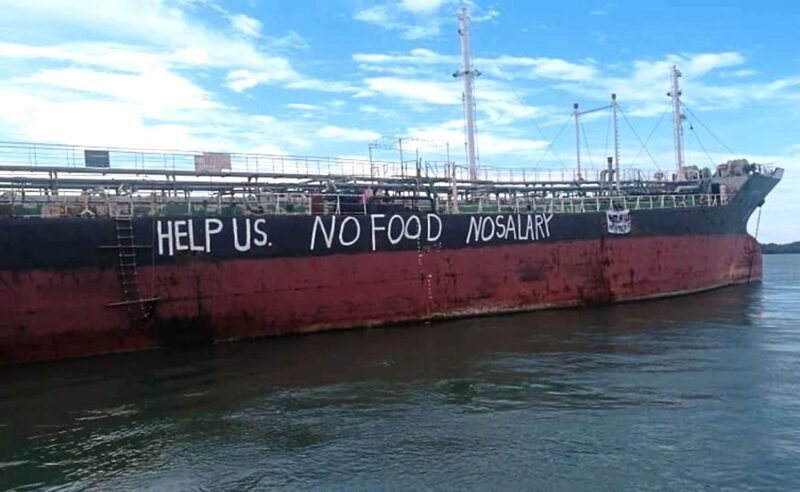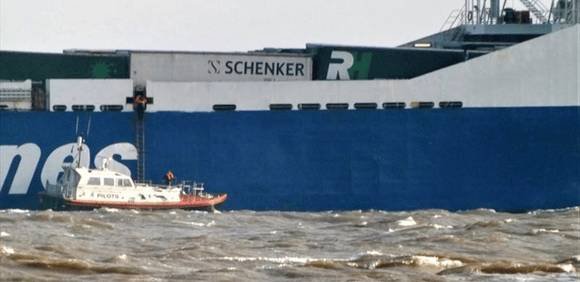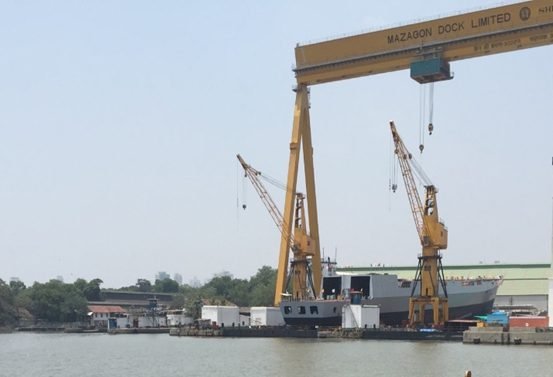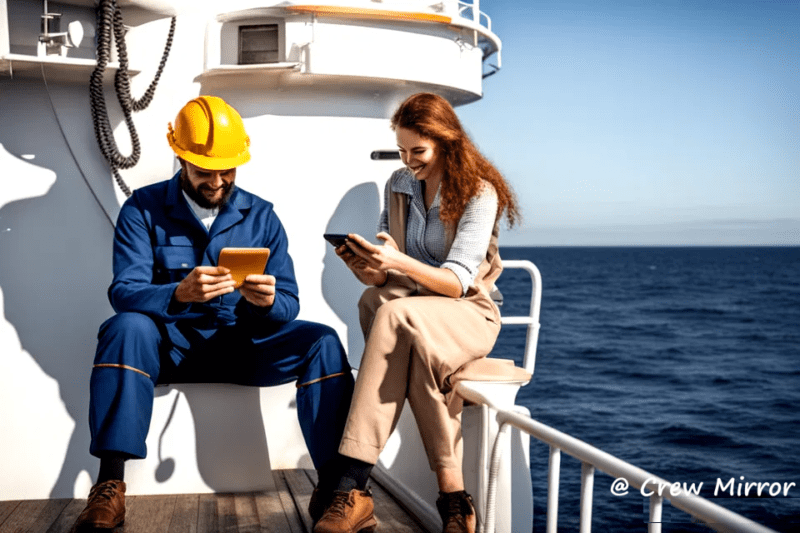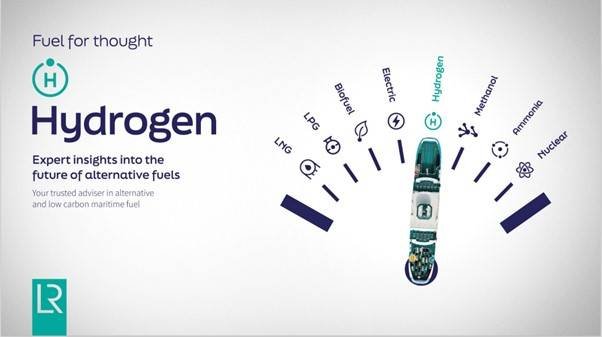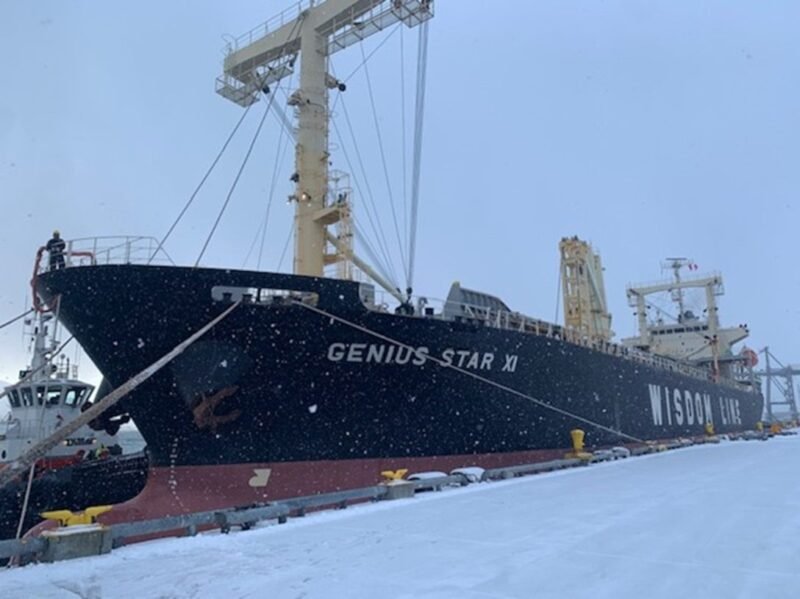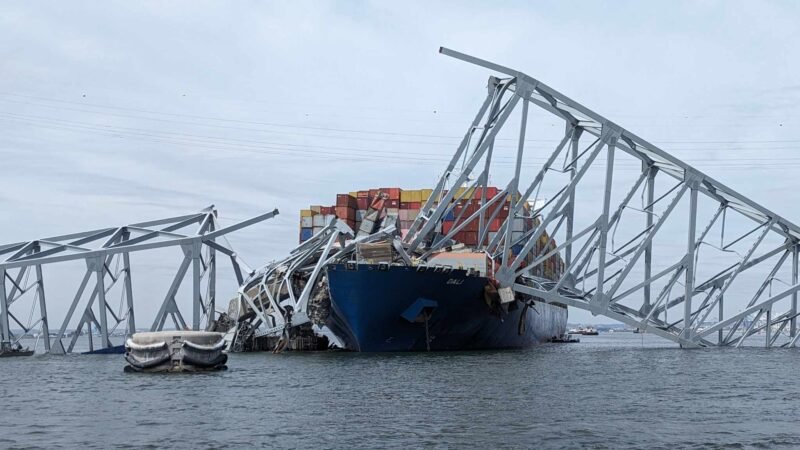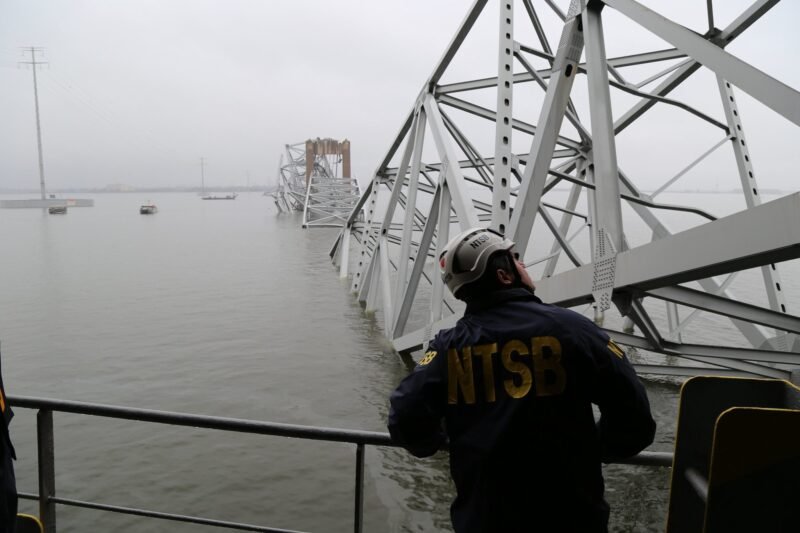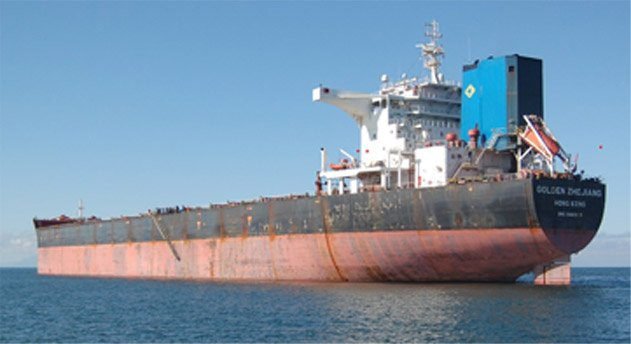The latest report from Lloyd’s Register’s Maritime Decarbonization Hub highlights significant progress in the maritime industry’s shift towards zero-carbon fuels. The report details advancements in fuel handling technologies and ship readiness, indicating a promising transition to sustainable fuels like ammonia, hydrogen, methanol, and biofuels. The global fleet is becoming more prepared for these alternative fuels, with increasing technology and community readiness levels to meet the International Maritime Organization’s 2030 emission targets.
Specifically, developments in ammonia technology have been considerable, with numerous vessels capable of using the fuel. Hydrogen is also making strides, with 78 vessels identified as capable of using the fuel, mainly in coastal shipping. Methanol technology is widely deployed, with significant potential to help the industry meet emission reduction targets. Biofuels like FAME and HVO are also gaining traction, providing near net-zero carbon solutions for vessel operations.
While progress is evident, the report highlights the need for further investment and development in critical areas such as safety protocols, crew training, and supply chain uncertainties. Policy interventions and regulatory frameworks are essential to accelerate the adoption of cleaner fuels and drive the industry towards a sustainable future. It is crucial for governments and regulatory bodies to incentivize the use of zero or near-zero carbon fuels to ensure a smoother transition to greener maritime practices.


